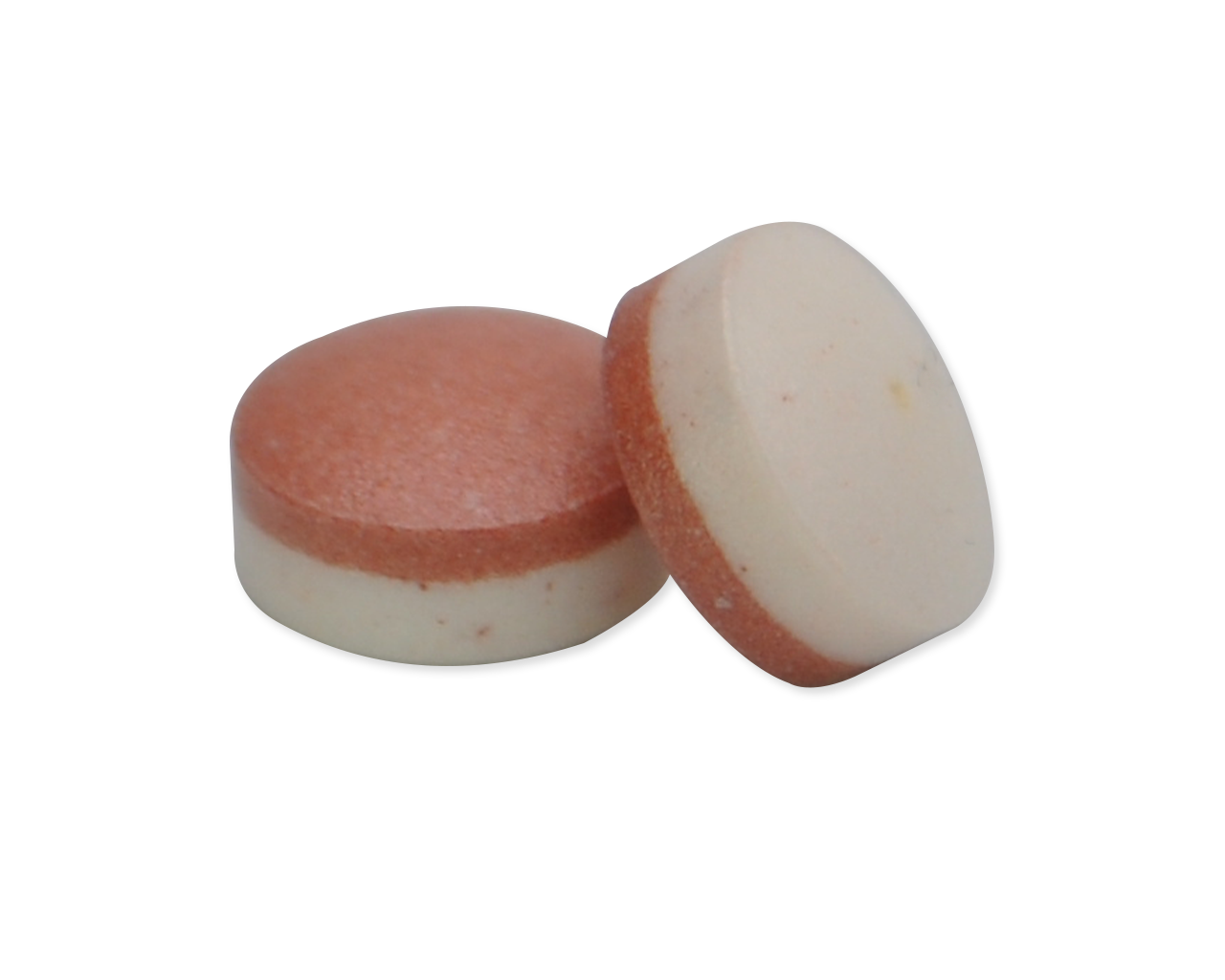Is a Nutraceutical the Same Thing as a Dietary Supplement?

No, a nutraceutical is not the same thing as a dietary supplement. Although both aim to improve health and wellness, they differ in composition, regulation, and usage. Knowing these differences can help consumers make informed choices and manufacturers develop effective products.
In recent years, heightened consumer awareness regarding the ingredients present in health products has led to increased scrutiny and demand for transparency. This article will clarify the distinctions and overlaps between nutraceuticals and dietary supplements, providing insights into their unique roles in promoting optimal health.
What is a Nutraceutical?
A nutraceutical is a product derived from food sources with extra health benefits in addition to the basic nutritional value found in foods. The term "nutraceutical" combines "nutrition" and "pharmaceutical," indicating its dual role in providing nourishment and medicinal benefits.
Nutraceuticals include a wide range of products such as isolated nutrients, dietary supplements, herbal products, specific diets, and processed foods like cereals, soups, and beverages.
Nutraceuticals are often used to:
- Prevent chronic diseases
- Improve health
- Delay the aging process
- Support the structure or function of the body
Despite their widespread use and recognized benefits, nutraceuticals don’t have a standardized regulatory definition. This ambiguity can lead to confusion among consumers and within the industry. For instance, a nutraceutical may be considered a food in one country and a drug in another, affecting its marketability and regulatory compliance.
What is a Dietary Supplement?
A dietary supplement is defined by the Dietary Supplement Health and Education Act (DSHEA) of 1994 as a product taken by mouth that contains a "dietary ingredient" intended to supplement the diet. These dietary ingredients can include vitamins, minerals, herbs, amino acids, enzymes, organ tissues, glandulars, metabolites, and more. Supplements come in various forms such as:
- Tablets
- Capsules
- Softgels
- Gelcaps
- Liquids
- Powders
Dietary supplements are specifically designed to provide essential nutrients that might be missing from a person's diet. Unlike nutraceuticals, dietary supplements are more strictly regulated, falling under the category of foods rather than drugs.
The primary goal of dietary supplements is to address nutritional deficiencies and support overall health. For example, a person with a vitamin D deficiency might take a vitamin D supplement to reach the recommended daily intake. Similarly, dietary supplements can be used to enhance health, such as taking omega-3 fatty acids to support heart health.
Key Differences Between Nutraceuticals and Dietary Supplements
While nutraceuticals and dietary supplements both aim to enhance health, they differ significantly in purpose, composition, claims, and regulation.
Purpose and Benefits
Nutraceuticals are designed to provide medicinal or health benefits, including the prevention and treatment of diseases. They are often used to improve overall health, delay aging, and support specific bodily functions
Dietary supplements, on the other hand, primarily aim to supplement the diet and address nutritional deficiencies. Their main goal is to provide essential nutrients like vitamins and minerals to support general health.
Composition
The ingredients and formulations of nutraceuticals and dietary supplements vary widely. Nutraceuticals are derived from food sources and may include isolated nutrients, herbal products, and processed foods.
Dietary supplements typically contain specific dietary ingredients such as vitamins, minerals, herbs, amino acids, and enzymes.
Claims and Labeling
The health claims and labeling requirements for nutraceuticals and dietary supplements also differ. Nutraceuticals can make broader claims about their ability to prevent or treat specific health conditions based on their combination of ingredients.
In contrast, dietary supplements must comply with the Dietary Supplement Health and Education Act (DSHEA) and can only make claims about the role of a nutrient in affecting the structure or function of the body without suggesting they can treat or prevent diseases.
Regulation Differences
Nutraceuticals lack a standardized regulatory definition, leading to varying classifications and regulations across different countries. Depending on the jurisdiction, they can be regulated as foods, drugs, or dietary supplements.
Dietary supplements, however, are clearly regulated under DSHEA as foods, not drugs. They must be labeled as dietary supplements and adhere to specific manufacturing and safety standards.
Similarities Between Nutraceuticals and Dietary Supplements
Despite their differences, nutraceuticals and dietary supplements share several similarities that make them both valuable for promoting health and well-being.
- Health Benefits: Both nutraceuticals and dietary supplements aim to enhance overall health and well-being. They support various aspects of health, including immune function, heart health, cognitive function, and more. Their shared goal is to provide consumers with products that contribute to a healthier lifestyle.
- Usage: Nutraceuticals and dietary supplements are commonly used as part of daily health regimens. People incorporate these products into their routines to enhance their health and prevent nutritional deficiencies. Available in forms like tablets, capsules, powders, and liquids, they offer convenient ways to improve health.
Closing Thoughts
To recap, nutraceuticals are derived from food sources and offer medicinal benefits, while dietary supplements provide essential nutrients to address deficiencies. They differ in composition, regulation, and health claims but share the goal of enhancing well-being and are popular in daily health regimens.
For pharmaceutical and nutraceutical company executives, understanding these nuances is key to developing products that meet market demands and regulatory requirements. Staying informed about these trends will help in creating offerings that not only satisfy consumer preferences but also stand out in a competitive market.



